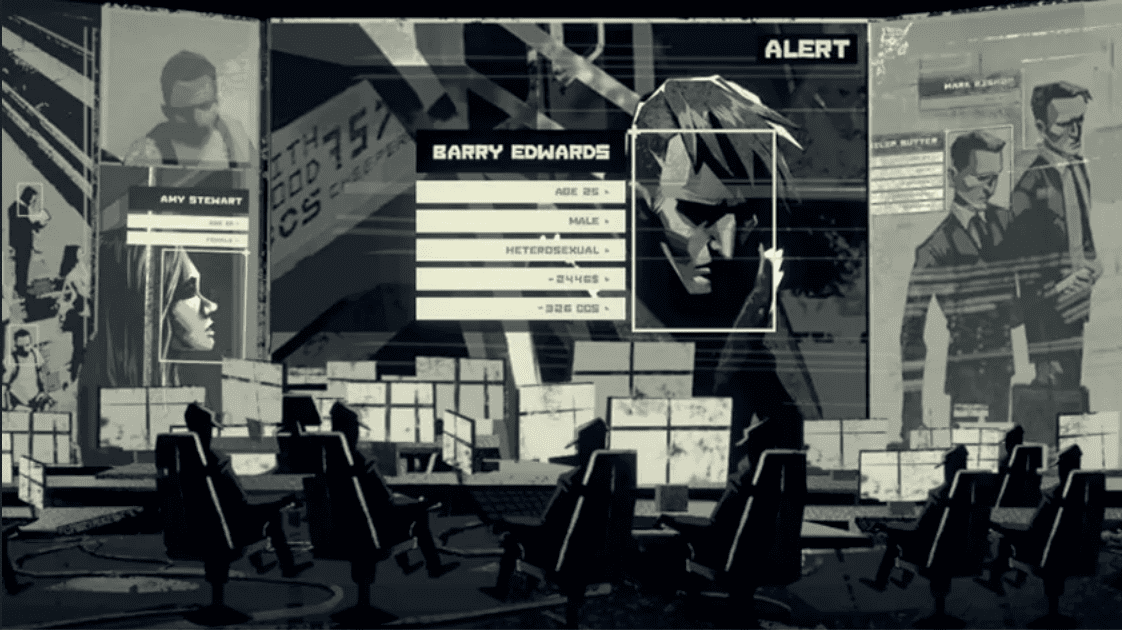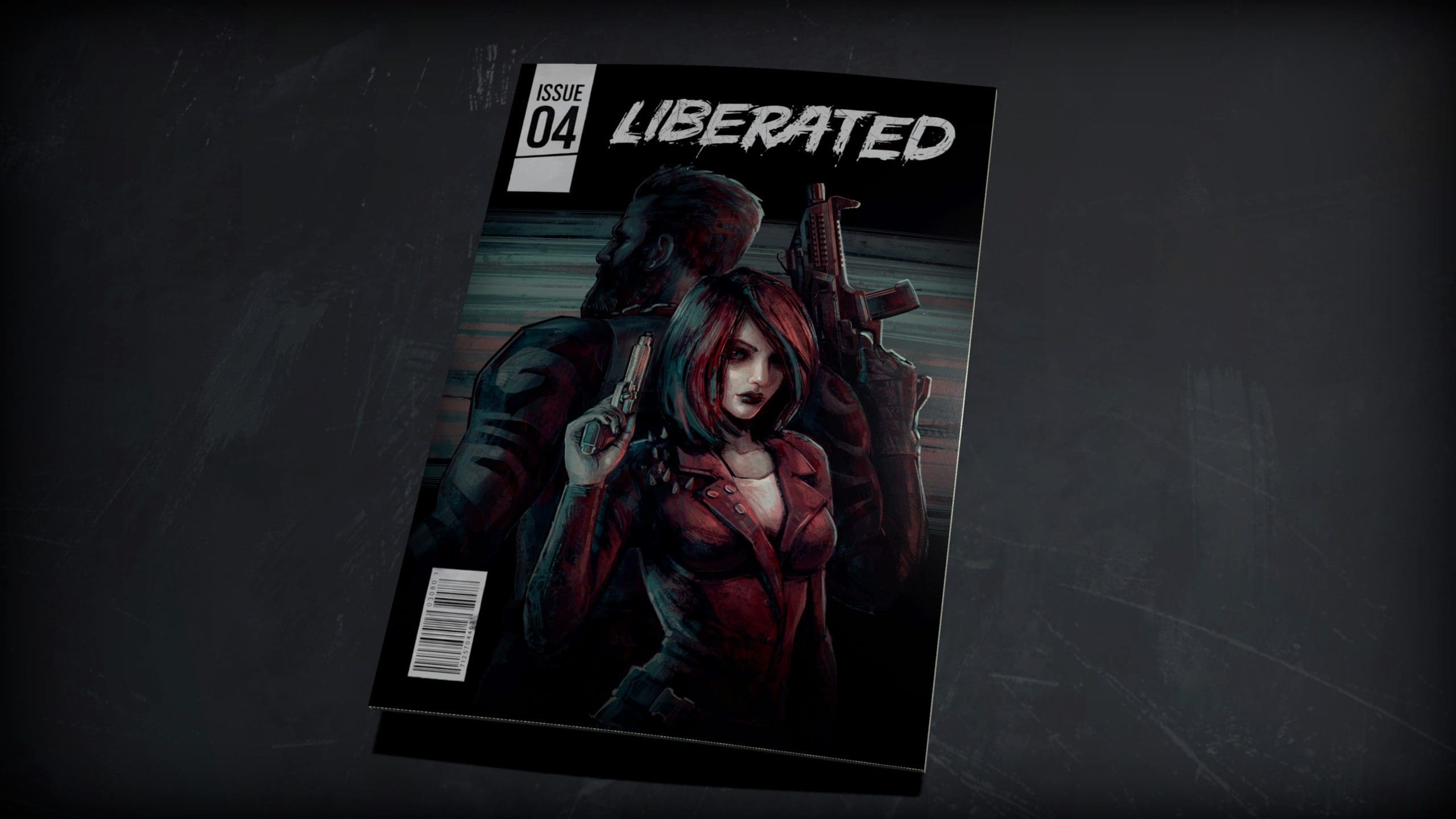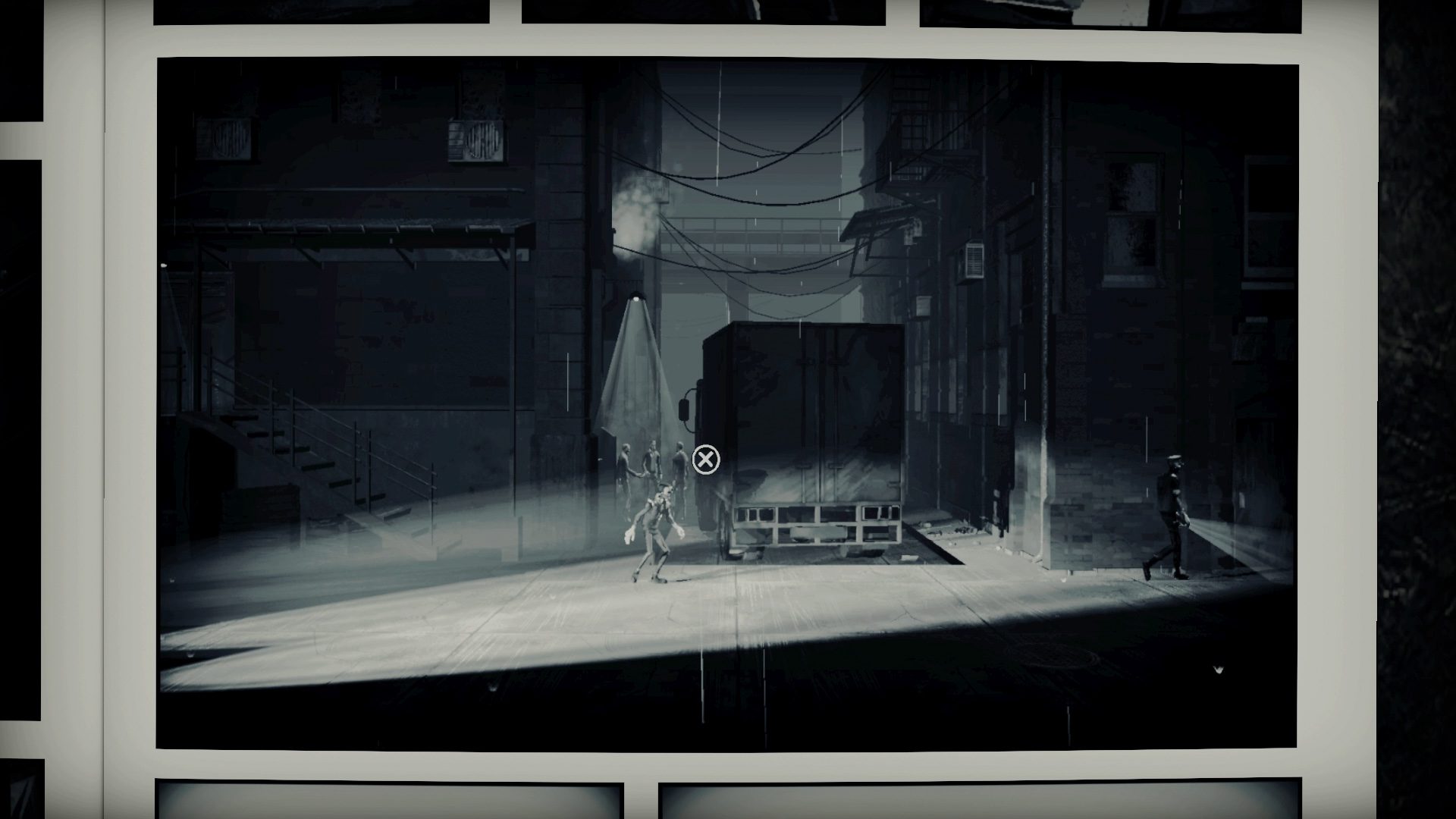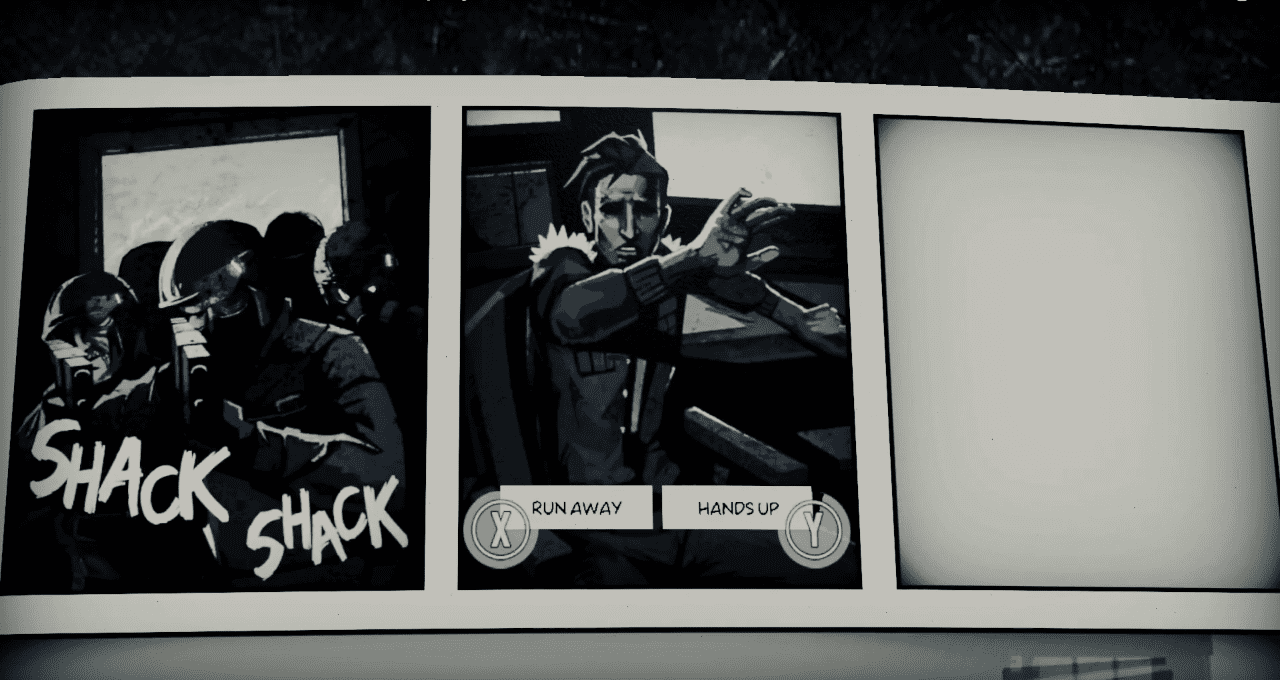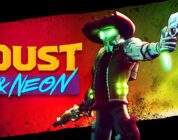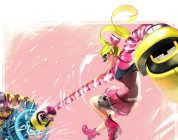The Switch demo for Liberated won a slew of accolades during the 2020 Steam Game Festival. However, while the demo may have shown great promise, the game itself did not live up to the expectations it set. It is a stunning visual art piece with a decent story, but only an adequate game.
The 1984-styled surveillance dystopia narrative never really fell out of fashion and for good reason. Every year it seems that one government or another manages to strip away another layer of its citizens’ privacy or autonomy in the name of safety and security. The U.S. allowed wiretaps and social media invasion, among other things. Russia has been increasingly censoring news and media outlets. Argentina suppresses both internal and international media plus YouTube. China is implementing a social tracking system that assigns a citizen score to each civilian based on their productivity, sociability, and adherence to the law.
“Those who would give up essential liberty, to purchase a little temporary safety, deserve neither liberty nor safety.” — Benjamin Franklin
This last one is a concept that Liberated latches onto. In the game’s world, the U.S. government has gained access to every scrap of information available for every person. That, mixed with facial recognition software, omnipresent cameras, and tracked mobile devices allowed the government to easily assert complete control over its population. The government even “disappears” people who head peaceful protests against this system. Similar fates await those who investigate the government’s crimes or coverups. Short of killing them, the U.S. can also simply make that person’s entire private life available for the buzzards to pick at. Dirty secrets, bank account information, you name it. It’s no longer private to that individual. The government can likewise control and twist the media to portray any incident in their favor.
Like China, this version of the U.S. also uses a Citizen Credit System (CCS) which gives points for displays of sociability, patriotism, and productivity. Should you commit a crime, not be sufficiently social, or even upvote a post on social media that is critical of the government, then you lose points. If your score gets too low, the police pay a visit.
And by “visit,” I don’t mean a knock on the door plus a quick checkup and mandatory community service or therapy. I mean that a S.W.A.T.-esque team busts down your door, arrests you at gunpoint, and then beats your face in, even if you don’t resist, before they take you to the police station for questioning. So, yeah. It’s an authoritarian society where police brutality seems to be the norm.
The Visuals
Liberated’s greatest asset by far is its art style. Modeled off of comic books, Atomic Wolf uses a rough, modern noir style that is truly stunning to look at. The cutscenes feature minimal animation or movement, but that plays into the comic format wonderfully. On top of that, the characters are drawn with so much life and energy in their postures that it is almost impossible to not imagine their movements between each panel. The prevalent shades of black and blue-grey lend to a sense of gloom while the jagged pen strokes imply a simmering conflict like the world itself is ready to rupture. In short, the style thematically complements the story and setting beautifully.
However, once you start playing, the setting looks nice enough, but the character models look like stick-figure mannequins. Granted, you only have a few closeups of their forms, but the unnaturally smooth, featureless figures and the somewhat bland environment are a bit of a let down after the marvelous illustrations. Still, the comic book story constitutes about as much time as the gameplay does, so it evens out, so long as you are only interested in the narrative.
Unfortunately, to read said narrative, this game very much needs to be played on a TV. If you try to play it in the Switch’s handheld mode, you may have trouble reading the small typeface.
The Gameplay
Once again, here is where the game sort of falls short. It’s a side-scroller shooter, so there is little that can be expected of it. However, there are a few mechanics that are fiddly, do not make sense, or simply do not need to be in the game. The main issue is the stealth mechanic, in that it is pointless. You can creep along, which makes enemies less likely to notice you, and you can duck into cover. If someone walks by while you are in cover, you can snap their neck. Even if they have a buddy right behind them, their partner somehow fails to notice. Pretty sweet, right?
Not really.
Thing is, the game does not allow you to be a pacifist, you have unlimited ammo, and you can get pretty close to a lot of enemies before they notice you. It’s considerably faster and easier to simply pump someone with enough lead to make them a viable mining resource for future pencil manufactories. Even when your ally at the beginning tells you to “stay out of sight,” there is nowhere to hide and you need to gun people down anyhow. Also, if you are caught in a hiding place, you have to succeed in a quicktime event or be instantly killed by a punch to the face. Even bullets aren’t so deadly in the game. So what’s the function of the stealth element?
Another unnecessary aspect is the illusion of player choice. No matter what you choose, the same scenes play out and even then choices are only available in the first fifth of the game. Remember that “visit” I mentioned earlier? You can either raise your hands and surrender or run. Choosing to run from the cops simply lets you play through another obstacle course before you are caught and see the same exact cutscene that you would witness if you had just given yourself up. Even the police brutality is the same. Why introduce choice when it makes no difference whatsoever and then remove options later in the game?
On a different note, using the Switch controller makes it difficult to aim your gun to the left or right and fire. The moment you pull the trigger bumper, it pulls your thumb forward, so a good number of your shots miss. That’s just a hardware issue, though, and not a knock on the game itself.
By the same token, though, the game is quite easy. Albeit a bit tricky when those freakin’ drone things appear and zip around your head like laser-blasting hornets, it’s otherwise fine. It never feels like the stakes are very high and there is usually plenty of warning before enemies show up on the screen. The music and scenery sometimes works beautifully together, but the gameplay just never feels challenging nor that there is anything wrong with losing. You simply restart a minute or so earlier. This is not a bad thing in itself, but this game is trying to present itself as a dark, gritty dystopia. The stakes should be high. Despite that, I found myself singing Billy Joel’s River of Dreams as I went through the nighttime forest killing people.
Here’s Where It Gets Heavy
The official Liberated website advertises the game as thus: “This is not a simple tale of good versus evil, you must witness what transpires from many points of view to parse the truth.” The thing is, this is an idea that Liberated touches on, but never fully develops. It is blatantly clear which side is in the right and which side the developers are rooting for within the first fifteen minutes of this five-hour game.
Note: The only difference between a freedom fighter and a terrorist is which side you are on. The American revolutionaries were liberators to many locals, but terrorists and outlaws to the loyalists and the British. The IRA were heroes to some, monsters to others. The historical list is nearly inexhaustible. I had expected that issue to be further examined in Liberated.
As a spectator who plays characters both in the Liberated freedom fighter group and the government, we should be able to see both perspectives, right? Well, we do, but while the intellectual pros and cons of a free state versus a surveillance state are fairly apparent, the human, emotional aspect of the conflict is somewhat muted. We learn little about the main characters and have little reason to connect with them or most others in the game, nor are they emotionally conflicted by their actions. Yes, we know which side they fight for, but we don’t know what set them on that path.
(Plot Spoiler)
The only people whose core motivations we see are secondary characters. One of these is the reverend among the Liberated, who watched the elementary school he taught at blow up. He may be a side character, but he is better developed and does a superior job of revealing how this world works more than any other character. The main characters move the plot forward, but it’s not clear as to why most of them do so. While that is not necessarily a bad thing, as this uncertainty can prompt players to speculate and further engage with the story, Liberated gives us so little that I honestly felt nothing when any of the main characters died. It just felt like they were set pieces intended to progress the story rather than people in their own right. They are simple stereotypes: the disgruntled, isolated youth, the devoted brother, the determined leader, and the unquestioning civil servant, to name the most prominent.
Stereotypes Abound
The first guy you play as is pretty much the poster child for a cult or terrorist recruitment operation. After the first few minutes, I paused and made a “Terrorist Bingo” sheet to see how many of the tropes he would fill. It didn’t take long. To start with, he is isolated. He has no friends or romantic connections. That kind of person is exactly what cult groups target for recruitment because these people are often on some level desperate to belong somewhere or they feel like the world is crushing them and they want to fight it. So that was one point on Terrorist Bingo.
A misanthropic shut-in? Another point. Violent and impulsive? There’s another. A great shot with a pistol, implying that he has spent a lot of time with weapons and prepping? Yup. Parental issues/absentee parents? One more stereotype for bingo. Authority issues? Yeah. Damaging government operations just to make people angry? You guessed it. It’s as if Atomic Wolf wanted to check every stereotype box with this guy and they nearly did. Yet, we never find out why he is like this. We don’t know what made him bitter or to estrange himself from his father or anything else. It seems like he just kind of jumps into the revolutionary role because it lets him hurt the government.
Then you play as a police chief who immediately invades a Liberated hideout with special forces and shoots everyone down. No questions asked. He is entirely uninterested in listening to opposing views or understanding why the Liberated are fighting. Even when an old friend explains why he joined the Liberated, the chief refuses to listen due to a mix of patriotism and resentment over dead comrades. Nor does he even want to view evidence against the government when he is offered it.
Thematic Gold
At the same time, though, this rigidity and refusal to see the other side is oddly enough a point in Liberated’s favor. Within a minute of actual gameplay, the game encourages you to murder a policeman. After that, since there is a stealth mechanic, I determined to play the pacifist. However, Liberated makes that impossible. You MUST kill the people you come across in order to move forward. At first, this genuinely frightened me and made the game seem less credible. The emergent freedom fighter kills law enforcers simply because they are in his way and work for the other side.
There is no consideration that your average beat cop is probably fairly disinterested in persecuting people or political games. A lot of the time, they are simply trying to live their lives. A good number are actually trying to do what’s right and help people the best way they see how. Remember Miles Morales’s dad from Into the Spider-Verse? These people usually have families. Heck, there were even Nazis who sheltered Jews or helped them escape, though they were few and far between and were often killed for it. Ever heard of Schindler’s List?
Simply treating the opposition as faceless uniforms to kill lets us forget that morality isn’t so black and white. (Pun intended) Killing should be considered with a little more gravity, preferably as we get to know the people we might decide to kill in games. Yes, there is also the argument that the protagonist here is a horrible human being, considering his previous behavior in the story, but the other characters are just as uncompromising.
At the same time, though, this is a fairly accurate reflection of how many people view opposing sides. Many individuals on both sides either neglect or refuse to consider that the people they are killing have hopes, dreams, and motivations of their own. You’re on society’s side and the other guy has a terrorist uniform? Shoot him in the back as he runs away. (Yes, the game encourages you to do this too.) You’re fighting for liberty and the person in front of you wears a police badge? Murder them. This polarized thinking and refusal to discuss or compromise is, arguably, the basis for most armed conflicts and is even evident in our current political system. You are either a liberal or a conservative. If you are in one group, you should ignore and discredit the other. Don’t even associate with their members.
I know it’s very unpopular to not drink the Kool-Aid from one side or another and stay neutral (just ask Geralt of Rivia), but immediately liking or disliking something because it fits your party line shows a lack of independent, critical thinking.
Then again, when you find yourself trapped in an authoritarian government that makes peaceful protest dangerous, then maybe violence is the only answer. At least that’s what the Liberated believe.
More information about Liberated can be found on the official website. A digital Switch copy was provided for the purpose of review.

